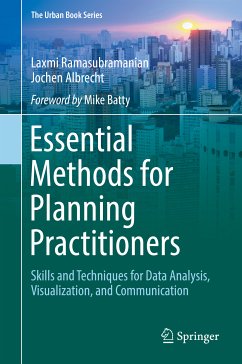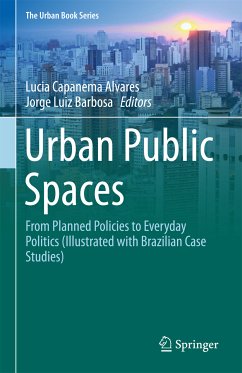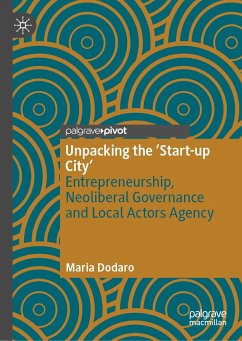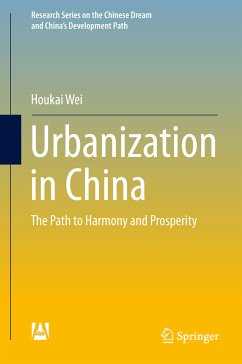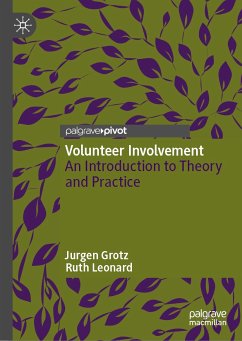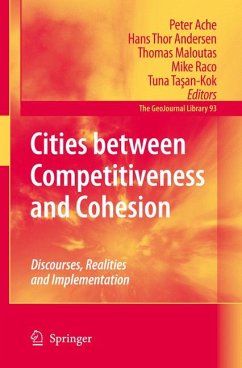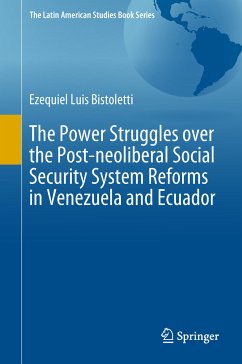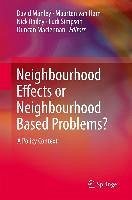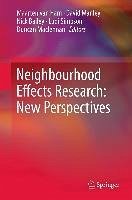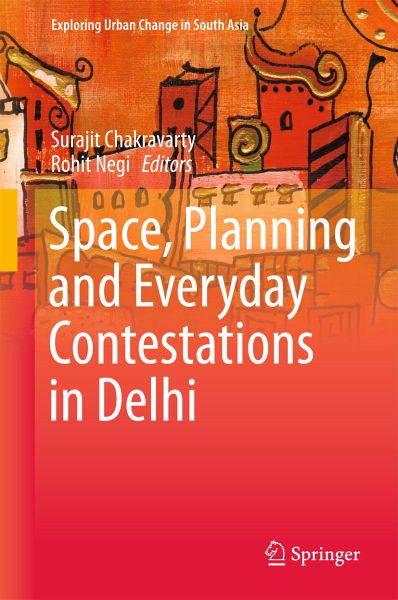
Space, Planning and Everyday Contestations in Delhi (eBook, PDF)
Versandkostenfrei!
Sofort per Download lieferbar
88,95 €
inkl. MwSt.
Weitere Ausgaben:

PAYBACK Punkte
44 °P sammeln!
This insightful volume examines the politics and contestations around urban space in India's national capital, Delhi. Moving beyond spectacular megaprojects and sites of consumption, this book engages with ordinary space and everyday life. Sites and communities analysed in this volume reveal the processes, relations, and logics through which the city's grand plans are executed. The contributors argue that urbanization is negotiated and muddled, particularly in the spaces occupied by informal labour, resettled communities, and small-scale investors. The critical analyses in this volume shed lig...
This insightful volume examines the politics and contestations around urban space in India's national capital, Delhi. Moving beyond spectacular megaprojects and sites of consumption, this book engages with ordinary space and everyday life. Sites and communities analysed in this volume reveal the processes, relations, and logics through which the city's grand plans are executed. The contributors argue that urbanization is negotiated and muddled, particularly in the spaces occupied by informal labour, resettled communities, and small-scale investors. The critical analyses in this volume shed light on the disjunctures between planning and ideology, narratives of growth and realities of immobility, and facades of modernity and the spaces and practices produced in its pursuit. The book is organized in four parts - (I) Dis/locating Bodies, (II) Claims at the Urban Frontier, (III) Informalization and Investment, and (IV) Gendered Mobility. The studies report current empirical work from a variety of sites, investigating the dynamics of capital investment, state planning and citizen response in these spaces. These studies, set in ordinary spaces in Delhi, reveal a subliminal disarray of thought and action, stemming from the impetus to make the city attractive to capital, while having to manage marginality and reorganize welfare functions. The volume provides fresh insights into the nature of urban planning and governance in an Indian megacity two decades after the neoliberal shift.
Dieser Download kann aus rechtlichen Gründen nur mit Rechnungsadresse in A, B, BG, CY, CZ, D, DK, EW, E, FIN, F, GR, HR, H, IRL, I, LT, L, LR, M, NL, PL, P, R, S, SLO, SK ausgeliefert werden.



